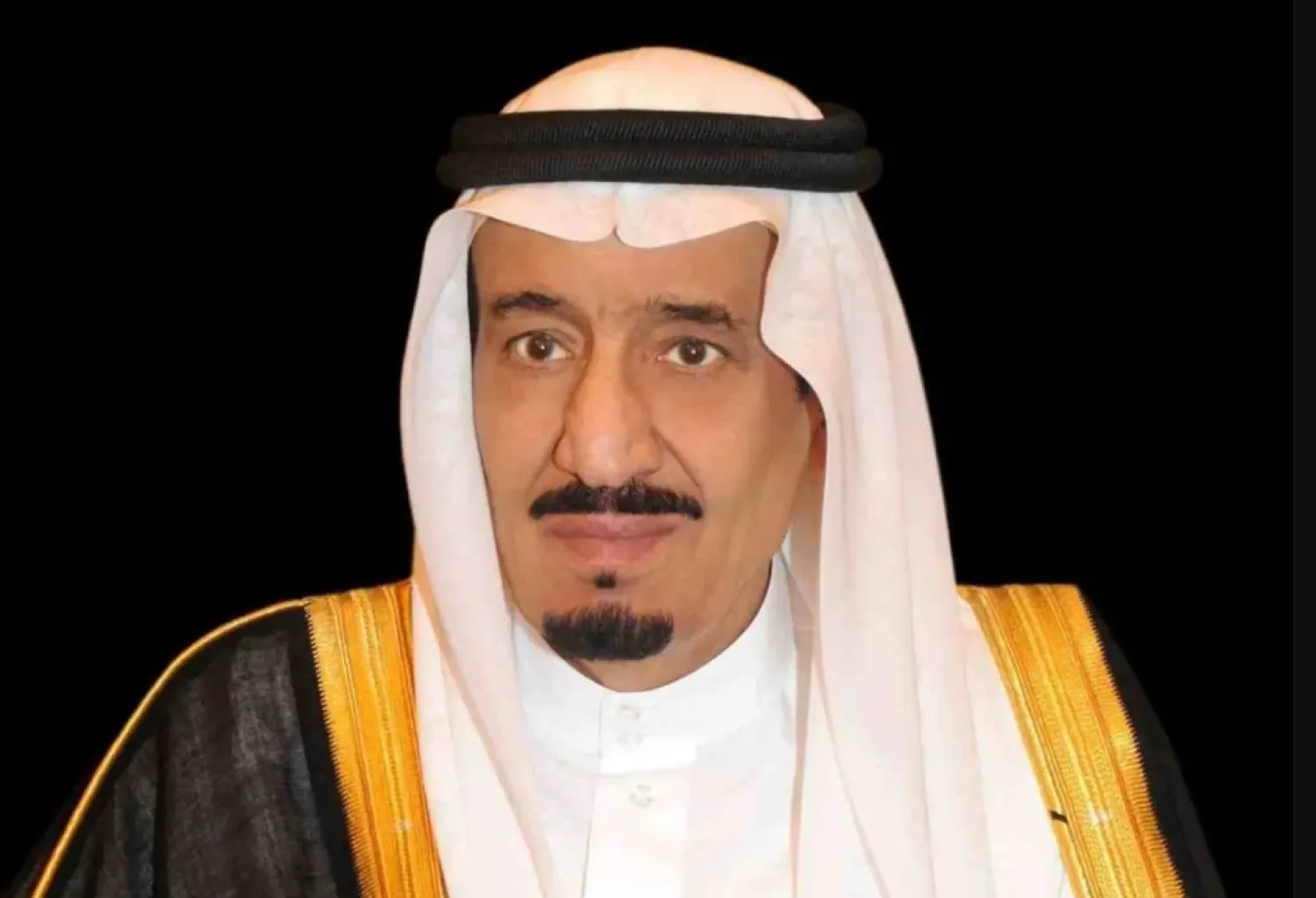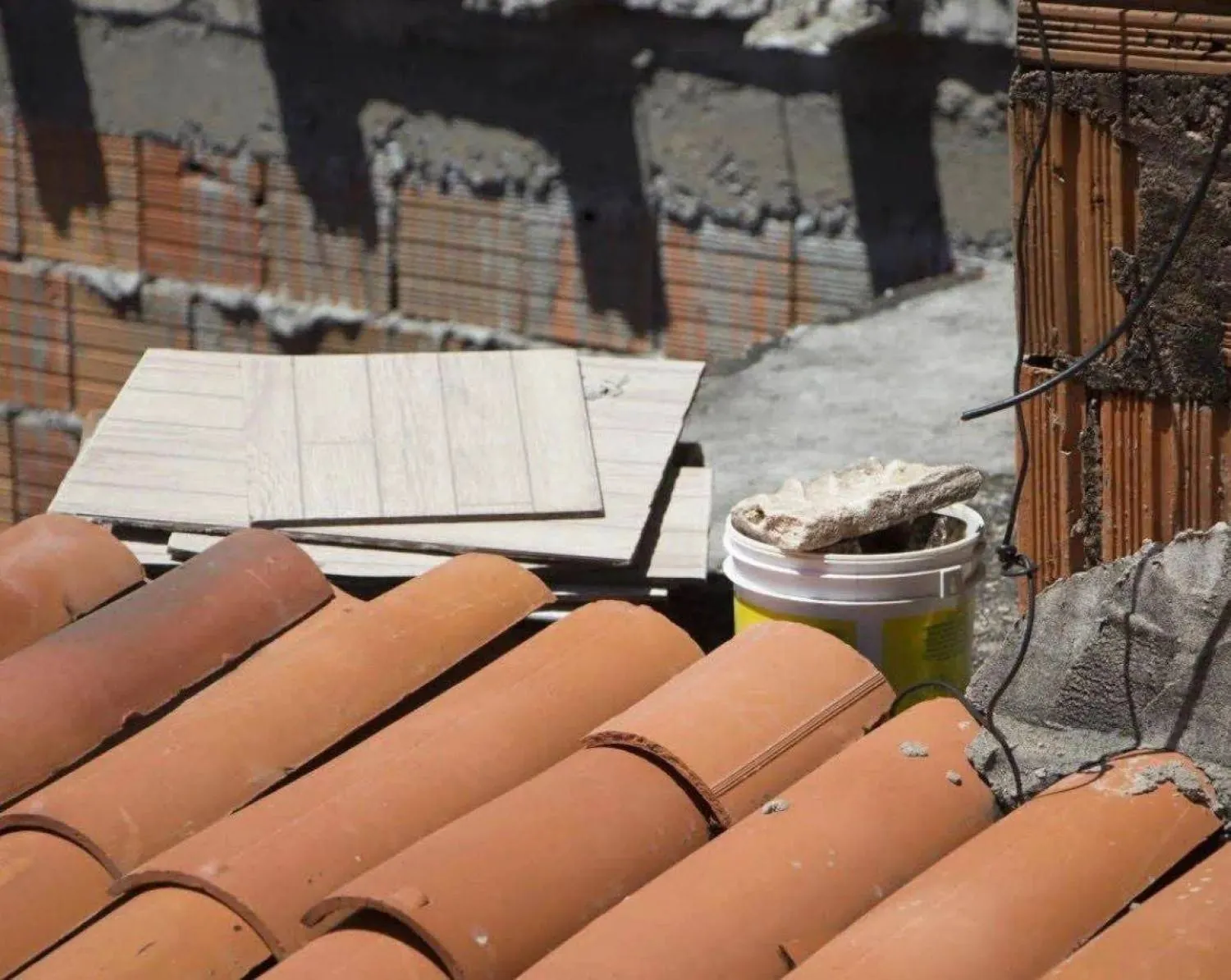Saudi Foreign Minister Prince Faisal bin Farhan said that the Kingdom’s hand is extended to Iran to reach normal relations, pointing out that the talks with Iran were positive, but did not reach any results.
“We are keen on finding a path to normal relations with neighboring Iran, and this is fundamentally linked to getting understandings that address sources of concern regarding Iranian activities, not only in Saudi Arabia, but with all countries in the region,” said the top Saudi diplomat in a presser at the end of the Jeddah Security and Development Summit.
The Summit was held in the presence of US President Joe Biden, Gulf Cooperation Council (GCC) leaders, and the leaders of Iraq, Egypt, and Jordan.
Prince Faisal commended the role of Iraq in catalyzing the rapprochement between Tehran and Riyadh, and voiced Saudi Arabia’s hopes for “positive developments” in the future.
Furthermore, the Saudi FM said that no type of military or technical cooperation with Israel was raised or discussed and that there is no such thing as an “Arab NATO,” reiterating that there was no discussion of a “defensive alliance” with Israel.
Prince Faisal noted that Saudi Arabia had, five years ago, presented a proposal for establishing a joint Arab defense system.
Although the proposal wasn’t discussed at the Jeddah Summit, military and defense coordination among Arab countries remains a priority for the Kingdom.
The top diplomat also said that the US remains a main strategic partner, stressing that “the kingdom’s partnership with America is old and continuous... and the agreements we signed with America did not come to fruition overnight.”
He also noted that the joint Arab action system has reached a stage of “maturity”, saying: “We know what we want, and we know how to achieve it... We do not wait for anyone to fulfill our needs.”
Regarding the Yemeni crisis, Prince Faisal said: “We are working seriously to reach a comprehensive ceasefire in Yemen, and the Houthis must understand that Yemen’s interest is in peace and stability.”
“Iranian weapons are part of the reasons for the continuing conflict in Yemen,” he added.
Moving on, he said that Saudi Arabia’s maximum oil production capacity is 13 million barrels and called for a balanced approach to reach “zero neutrality,” adding that many countries cannot convert to renewable energy quickly.
Regarding the global food crisis as a result of the war in Ukraine, Prince Faisal said: “At the Jeddah Security and Development Summit, we discussed the issue of food and grains, and we are working to increase the level of coordination between Arab countries to ensure food security.”









